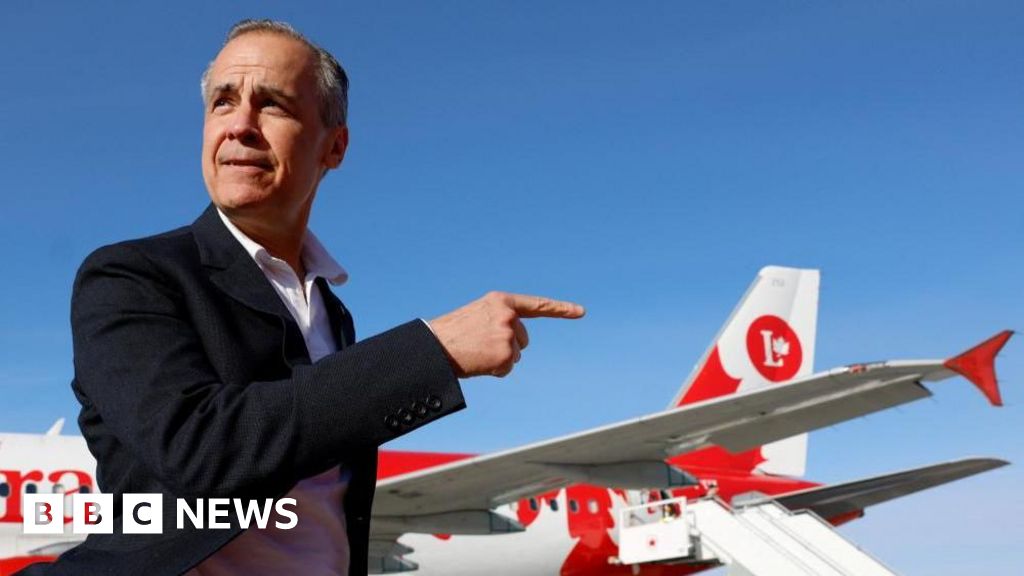India Considers Closing Airspace to Pakistani Carriers Amid Rising Tensions

In a significant escalation of tensions between India and Pakistan, Indian authorities are contemplating a potential closure of their airspace to all Pakistani carriers. This drastic measure would necessitate rerouting flights over alternate countries, such as China or Sri Lanka, to access popular Southeast Asian destinations like Kuala Lumpur. Sources familiar with the matter highlighted this development, indicating that the Indian government is also weighing the possibility of prohibiting Pakistani ships from docking at Indian ports.
The backdrop of this situation is rooted in a recent terrorist attack in Pahalgam on April 22, which resulted in the deaths of 26 individuals, primarily tourists. The attack has intensified scrutiny on Pakistan, with Indian officials asserting that two of the three attackers were of Pakistani origin. In response to this incident, Pakistan had previously closed its airspace to Indian airlines, which has only heightened the ongoing discord between the two neighboring nations.
In the wake of the Pahalgam attack, India has already taken several punitive measures against Pakistan. Among these, the suspension of the longstanding Indus Water Treaty, which governs the sharing of river waters between the two countries, has been a significant move. This suspension will remain in effect until Pakistan ceases its alleged support for cross-border terrorism, a claim that Islamabad has vigorously denied. Additionally, Indian authorities revoked the visas of Pakistani citizens, further complicating relations.
The latest developments have unfolded against a backdrop of heightened military tensions, characterized by small arms fire across the border, which Indian forces claim to have responded to. The conflict has prompted China to call for restraint from both parties, illustrating the international implications of this bilateral strife.
State-owned Pakistan International Airlines (PIA) is particularly vulnerable to these potential changes in airspace regulations, as it relies heavily on Indian airspace for flights to Southeast Asia, including popular destinations such as Kuala Lumpur, Singapore, and Thailand. Should India enforce this airspace closure, it could severely impact PIAs operational efficiency, forcing aircraft to take longer routes, which could lead to increased operational costs and delays.
Historically, there have been precedents for this type of airspace closure; notably, in 1971, when India similarly restricted access to Pakistani airlines, PIA was forced to reroute its flights through Sri Lankan airspace. Furthermore, in a separate incident, the European Air Safety Agency had imposed a ban on PIA from operating in European airspace due to safety concerns in June 2020, a restriction that was only lifted on November 29, 2024.
Following the recent terrorist attack, a Cabinet Committee on Security in India convened to deliberate and implement a series of measures aimed at bolstering national security. Among the immediate actions was the closure of the Attari check post, a significant border crossing with Pakistan. Individuals who had already crossed into India via this route were instructed to return before May 1, 2025, using the same checkpoint.
Moreover, the government has made changes to the SAARC Visa Exemption Scheme (SVES), effectively barring Pakistani nationals from traveling to India under this framework. Visas that had been previously issued to Pakistani citizens under SVES have been annulled, giving visa holders just 48 hours to exit India.
In a further diplomatic blow, India has declared several defence, military, naval, and air advisors at the Pakistani High Commission in New Delhi as persona non grata. These officials have been given a week to leave the country. In a reciprocal move, India will also withdraw its own advisors from the Indian High Commission in Islamabad. This reciprocal withdrawal reflects the deteriorating diplomatic relations, which have seen a reduction in staff at both embassies from 55 to 30 by May 1, 2025. This sharp decrease in personnel underscores the escalating tensions and diplomatic fallout between the two nations.




























